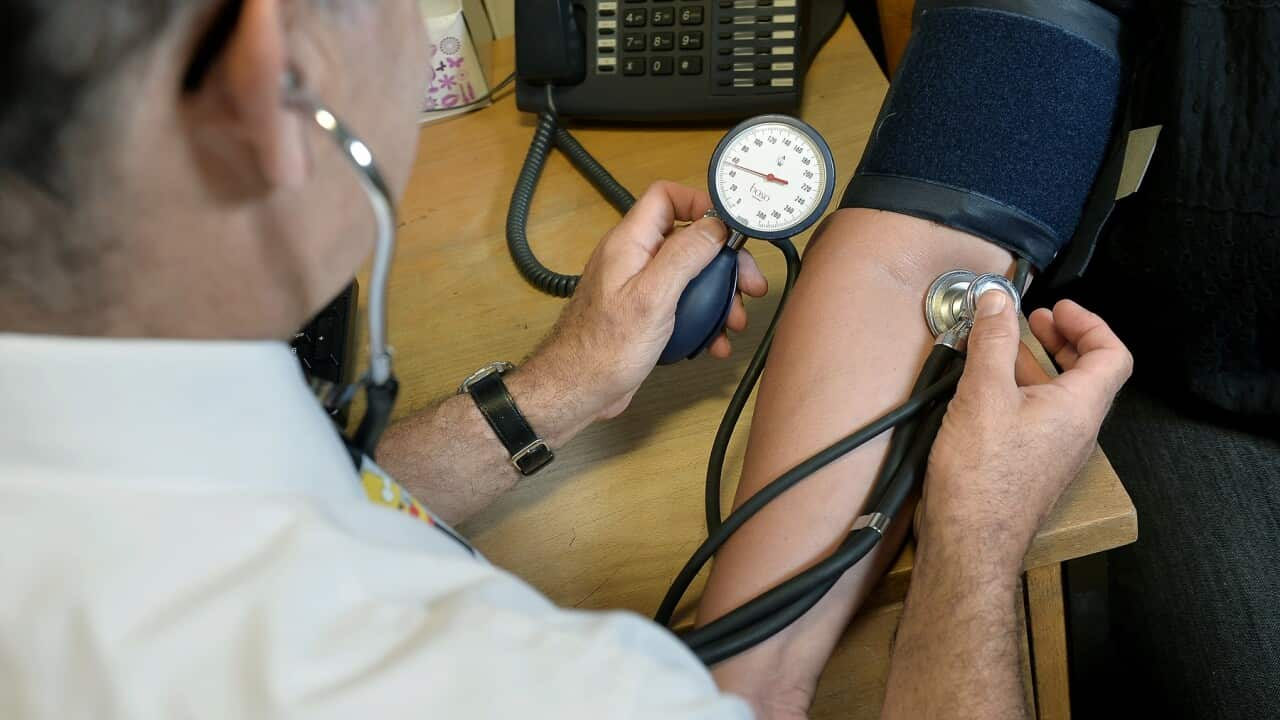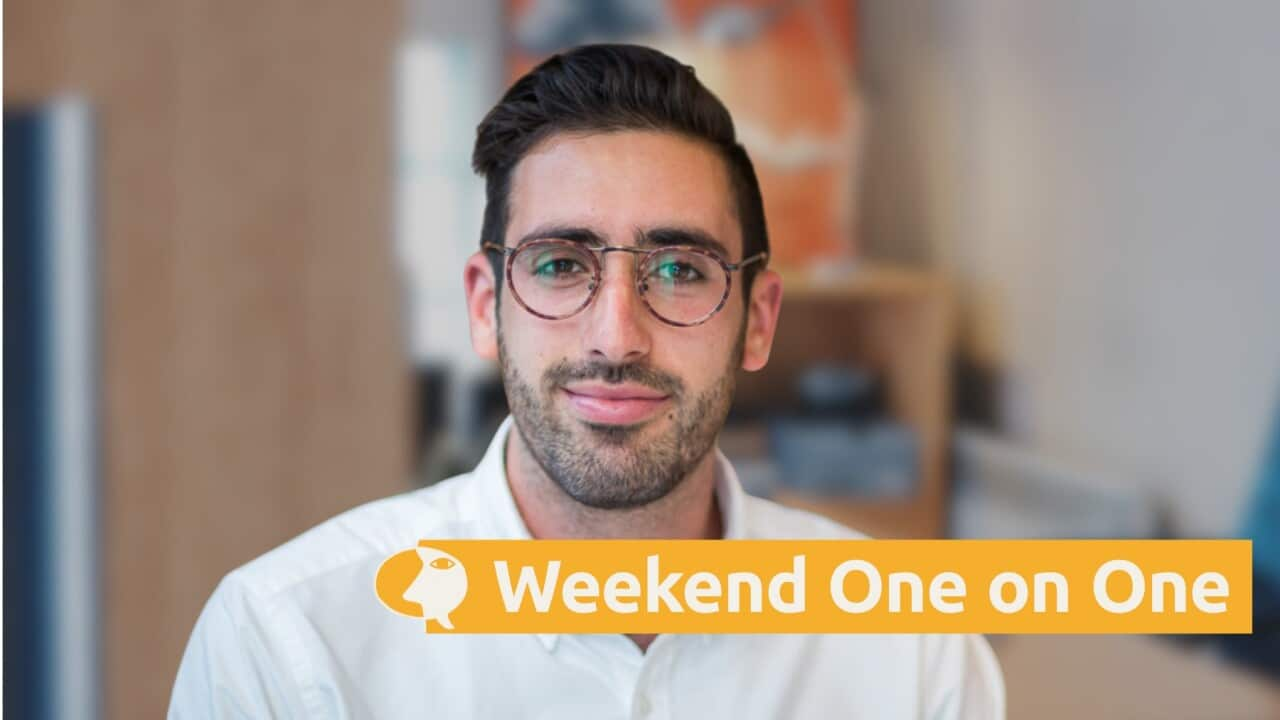TRANSCRIPT
Less than half of Australia's general practitioners would recommend the profession to junior colleagues.
Over 70 per cent of them feel burnt out.
And almost a third say they're planning to cut back or quit altogether in the next five years.
These are just some of the alarming figures to emerge from a new report from the Royal Australian College of General Practitioners.
The 'Health of the Nation' Report 2023 shows dissatisfaction among Australian GPs is climbing - and the result is a dwindling number of people willing to work in the profession.
Eemali McDonald is finishing her final few weeks in medical school.
She's still searching for her dream job - but she's certain she doesn't want to be a GP.
"The decision to bulk-bill is a decision between equitable health care and quality health care which is definitely not something you imagine you want to choose between as a doctor."
Ms McDonald is not alone.
College President Dr Nicole Higgins.
"We've seen that only 13.1 per cent of our medical graduates are choosing general practice as a career. So some of the challenges that have been raised in our 'Health of the Nation' report are around our workforce, the pipeline from the start to the end."
Dr Kenneth McCroary is a GP and chair of the Australian Medical Association New South Wales' Council of General Practice.
He says his colleagues are "demoralised".
"They're struggling to keep their doors open, locally out here in southwest Sydney we've had about 30 practices close in the last year or so, just because they can't afford the overheads with the cost of living. Our patients struggle socio-economically with health determinants and making a living themselves, and they can't afford the ever-increasing gap between the Medicare rebate and what the AMA recommends we charge for people."
Dr McCroary says he understands why many medical students avoid the pathway of general practice.
"Remuneration compared to other specialities, the inability to keep your doors open, practices closing left, right and centre because they can't afford to keep seeing their patients essentially for free. Then, it's a no-brainer. Why would you go into the role when you could go into something else (with) less stress, less pressure, more remuneration, more enjoyment perhaps, less burnout? Yeah, it's a no-brainer."
Dr Higgins says greater incentives are needed to retain those in training who are still open to pursuing the profession.
"With respect to our young doctors, what we're calling on is investment in our young GPs. Let's make sure that they have access to paid parental leave, to study leave, that they have parity with their hospital colleagues."
The federal government has reiterated its efforts to improved Medicare, with Health Minister Mark Butler pointing to the tripling of bulk-billing incentives in the May federal budget.
"I'm very confident that practices around the country are changing their behaviour around bulk-billing because of this investment. But those data will be published in a very transparent, very regular way by our government over coming months."
Dr McCroary agrees but says there's more to do.
"The government has invested a significant amount of money in the current bulk-billing incentives and the MyMedicare program. The problem is it's not nearly enough, it's come a lot too late for a lot of my colleagues and their patients they're trying to care for."
For medical students like Eemali McDonald, the choice feels made for them.
"It's really demoralising to feel like what you're eventually doing, is going to be compromised in terms of impact on patients, and things. I guess you go into medicine wanting to the best you possibly can for society - and for all members of society - and if you're unable to do that it's definitely not appealing."
Her choice to opt out of general practice embodies the experts' looming fears.
They say if there are fewer GPs and the gap fees are made more expensive, an influx of patients at emergency rooms is inevitable.
And it will be the hospital systems that pay the ultimate price.













